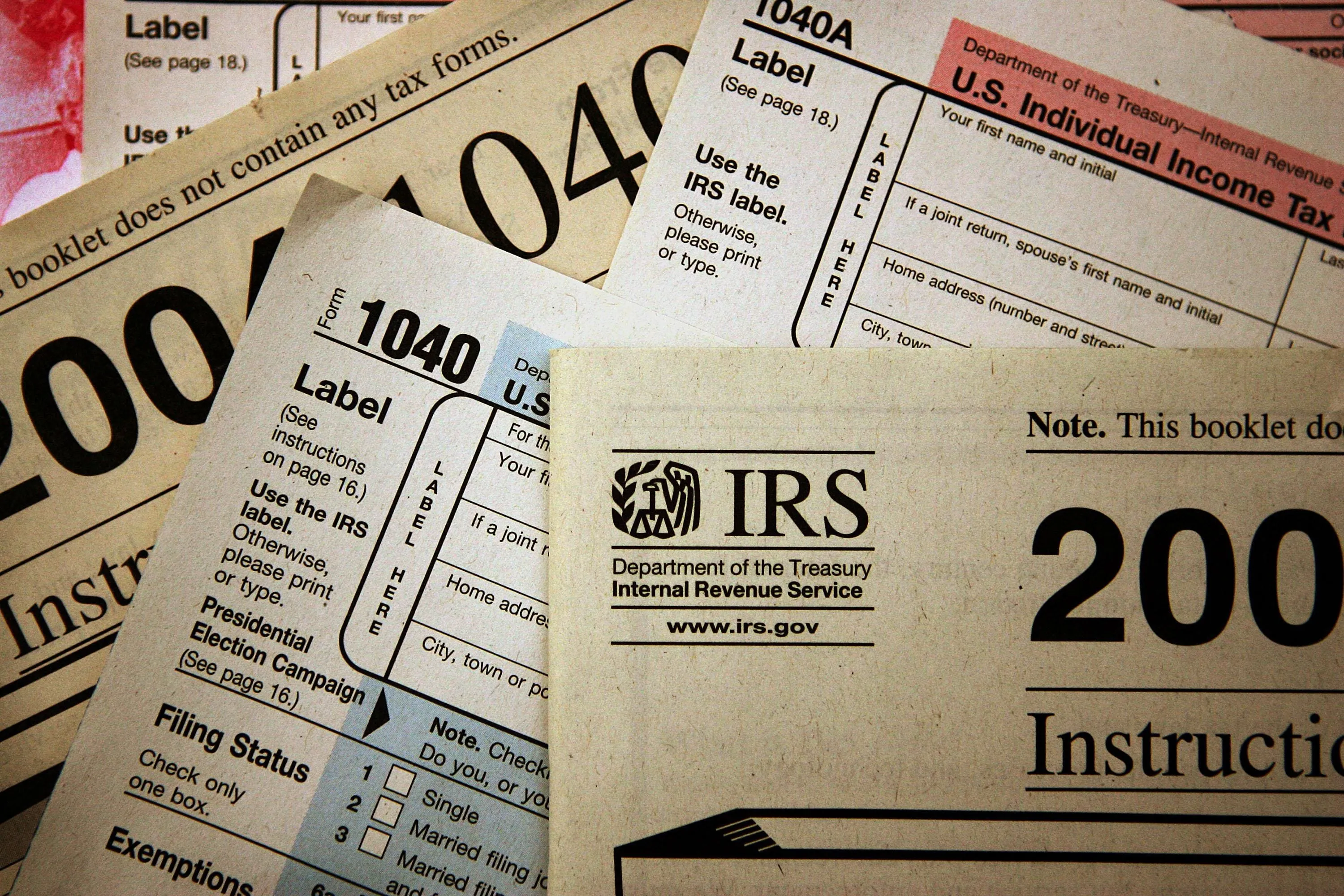Understanding Wealth Tax and Unrealized Gains: What They Mean for You

Understanding Wealth Tax
Wealth tax is becoming increasingly relevant in financial discussions, particularly as governments seek new revenue sources. But what are unrealized gains? These refer to increases in asset value that have not yet been sold. For taxpayers, clarity on this topic can prevent unnecessary anxiety.
What Are Unrealized Gains?
Unrealized gains represent the appreciation of your assets—like stocks or real estate—before any sale occurs. Recognizing what you stand to gain is essential for sound financial planning, especially with potential taxation on these increases.
When to Be Concerned
- If proposed wealth tax legislation could lead to taxation on these unrealized gains, understanding their implications is vital.
- Monitoring your asset evaluations and potential future liabilities can guide your investment decisions.
In summary, discussions around wealth tax and unrealized gains are critical as markets fluctuate and laws adapt. Staying informed will best position taxpayers for upcoming changes.
This article was prepared using information from open sources in accordance with the principles of Ethical Policy. The editorial team is not responsible for absolute accuracy, as it relies on data from the sources referenced.